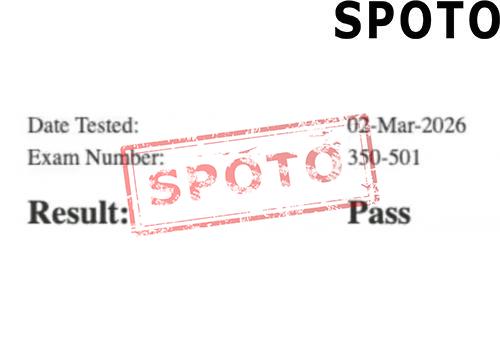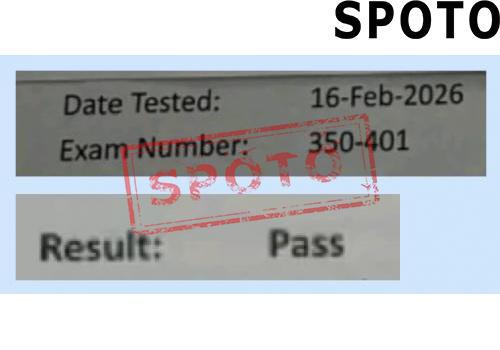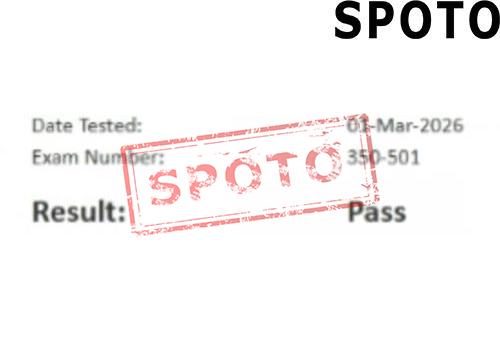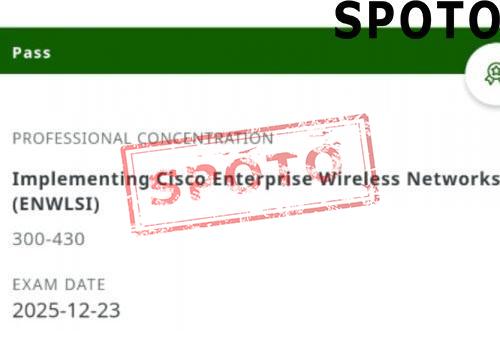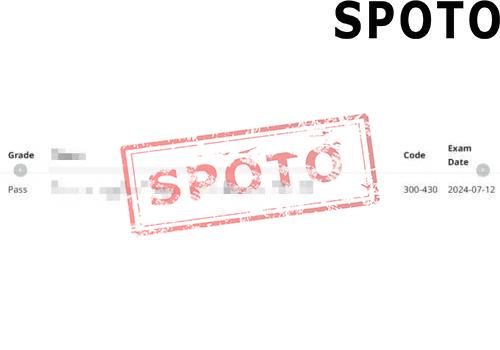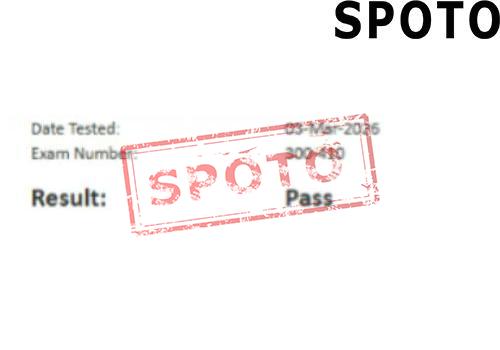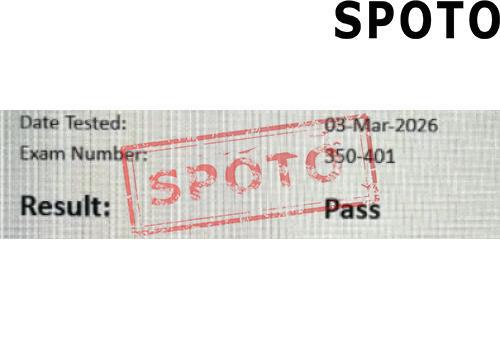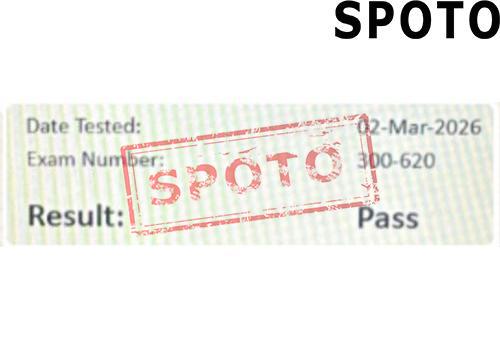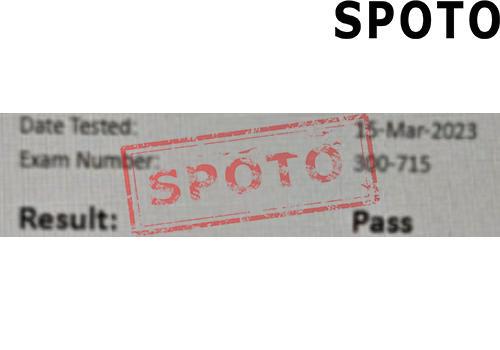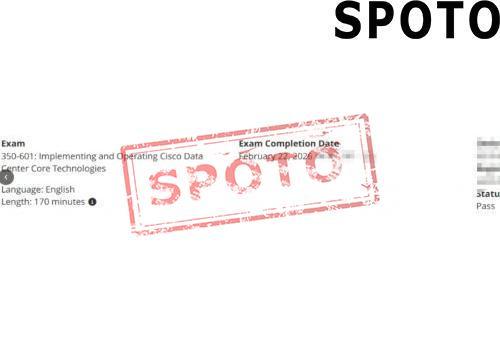
The CCNP (Cisco Certified Network Professional) certification is one of the most sought-after credentials in the world of networking. Achieving CCNP status means you have advanced knowledge and networking skills, often making you a highly valuable asset to any IT team. Whether you're aiming to upgrade your career or deepen your expertise, the CCNP certification can open doors to higher-paying roles and more complex projects.
But, for many aspiring network professionals, the road to CCNP can feel intimidating, especially for those just starting out. So, where do you begin?
This guide will take you through the essential steps to help you navigate the journey from beginner to CCNP certified professional—whether you're already in the field or thinking about diving in.
Start with a Solid Foundation: Get Your CCNA First
Before you embark on your CCNP journey, it's important to build a strong networking foundation. Cisco recommends having the CCNA (Cisco Certified Network Associate) certification as a prerequisite for the CCNP exam. While it's technically possible to attempt the CCNP without a CCNA, having that fundamental knowledge ensures you understand core concepts like:
- IP addressing
- Subnetting
- Routing protocols (OSPF, EIGRP)
- Basic switch configuration
The CCNA covers the fundamentals of networking and prepares you for more advanced topics you'll encounter in the CCNP exams, so it's crucial to start here if you're new to networking. If you're already CCNA certified, you can skip this step and jump directly into CCNP prep.
Understand the CCNP Tracks and Choose Your Path
Cisco's CCNP certification offers several specialized tracks, each focusing on a different aspect of networking. You need to select the one that aligns best with your career goals and interests. Here are the most popular CCNP tracks:
- CCNP Enterprise: Ideal for those working with enterprise networks. It covers routing, switching, and troubleshooting, along with advanced topics like SD-WAN and network automation.
- CCNP Security: Focuses on securing networks, including firewall configuration, VPNs, and advanced security protocols.
- CCNP Collaboration: Geared toward professionals working with Cisco collaboration tools like VoIP, video conferencing, and unified communications.
- CCNP Data Center: Tailored for professionals who want to specialize in designing, configuring, and troubleshooting data center networks and storage solutions.
- CCNP Service Provider: Ideal for network engineers working in service provider environments, focusing on IP networking, cloud services, and multi-protocol label switching (MPLS).
Each of these tracks has its own set of exams, but they all share a common core of advanced networking knowledge, so you'll need to decide which area of expertise you want to pursue. It's important to research each track carefully to ensure you choose the one that suits your career aspirations.
Get Familiar with the CCNP Exam Requirements
Each CCNP track requires passing two exams:
- Core Exam: A broad-based exam that covers the foundational knowledge required for the track.
- Concentration Exam: A more specialized exam that covers advanced topics in your chosen track (e.g., SD-WAN for CCNP Enterprise or VPNs for CCNP Security).
Cisco's current exam structure requires you to pass the core exam first, and then you can choose the concentration exam based on your chosen specialization.
Create a Study Plan and Stick to It
Becoming a CCNP requires both theoretical knowledge and practical skills, so developing a solid study plan is essential. Here's how you can approach it:
1. Review Exam Objectives
Each core exam comes with a detailed exam blueprint outlining the specific topics you need to study. Start by breaking down the exam objectives and creating a study schedule that allows you to cover each topic comprehensively.
2. Hands-On Practice
Networking is a hands-on field, so practical experience is key. Set up a home lab using physical equipment like routers and switches, or simulate networks using tools like GNS3 or Cisco Packet Tracer. Practice configurations, troubleshooting, and network design to reinforce your theoretical knowledge.
3. Use Quality Study Materials
- Cisco Press books are one of the most trusted resources for CCNP exam prep. They offer detailed coverage of exam topics and include practice questions and labs.
- Online courses (like those from SPOTO) provide structured video lessons that break down complex concepts.
- Practice exams are essential for understanding the format of the real exam and identifying weak areas in your knowledge.
4. Join a Study Group or Community
Joining online forums, study groups, or communities like Reddit's CCNP subreddit or the Cisco Learning Network can help you connect with other professionals who are studying for the same exam. Sharing resources, tips, and study strategies can help keep you motivated and on track.
Stay Consistent and Be Patient
The CCNP certification is challenging and requires a significant time investment. Consistency is key—set aside dedicated study time every week and stick to your schedule. Some days may be tougher than others, but persistence will pay off.
As you progress through your studies, remember that success doesn't happen overnight. Stay patient, celebrate small victories along the way (like passing a practice exam or mastering a tricky topic), and keep pushing forward.
Prepare for the Exam Day
Once you feel ready, schedule your exam! Here are a few final tips for exam day:
- Get a good night's sleep before the exam.
- Arrive early to the testing center or log in early if you're taking the exam online.
- Read each question carefully, and don't rush through the exam.
- Don't second-guess yourself—trust your preparation and instincts.
Conclusion
Becoming CCNP certified is a significant achievement that will open up a wealth of career opportunities in the networking field. While it may seem like a daunting journey, breaking it down into smaller, manageable steps makes it much more achievable.
Start with the CCNA certification if you're a beginner, select your desired CCNP track, create a study plan, and invest in both theoretical knowledge and practical experience. Stay consistent, and you'll be well on your way to earning your CCNP and advancing your networking career.
